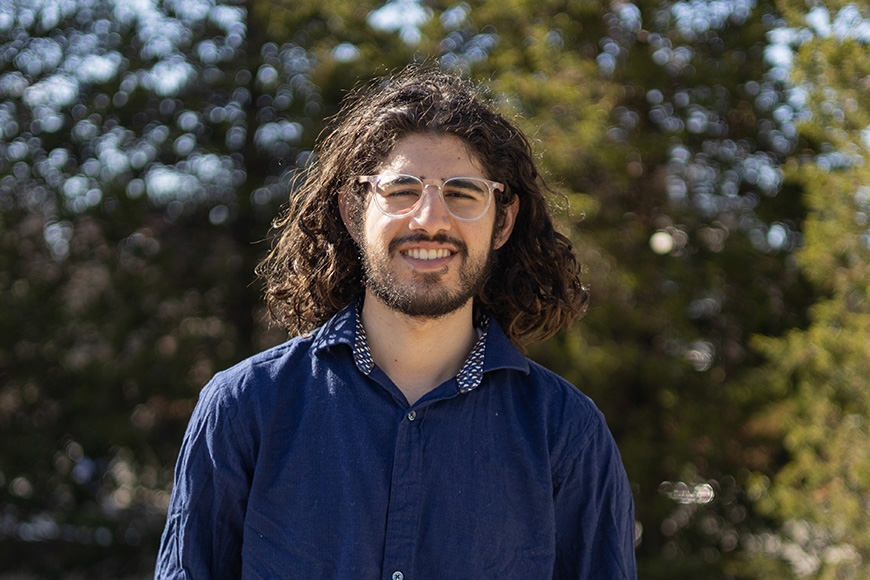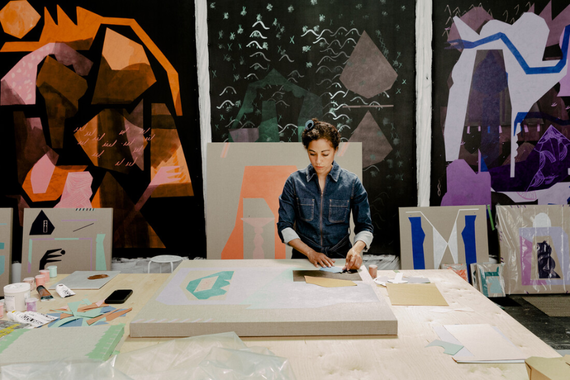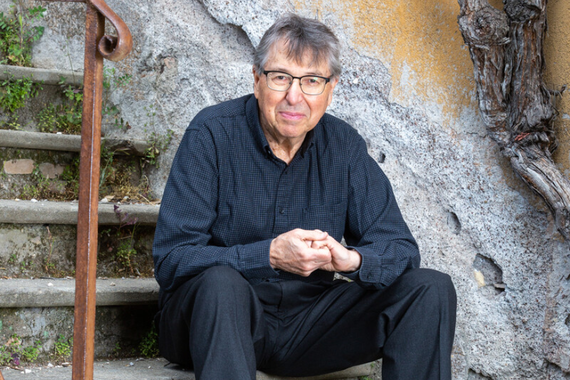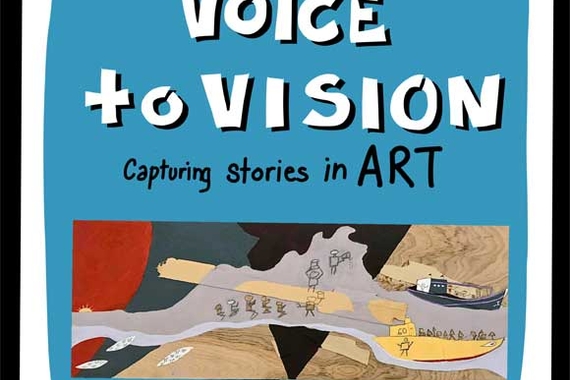Graduating Senior Spotlight: Q&A with Salahudeen Mirza
Hometown: Mississauga, ON, Canada
Major: Developmental Psychology
Minor: Cellular and Molecular Neuroscience
Activities you are involved in: Research on youth suicide
How would you describe your time in your major?
The Institute of Child Development is the best place in the world to learn about typical and atypical patterns of human development. I have had fantastic opportunities to learn from some of the greatest minds in child development. I have been fortunate to have research mentors who have given me great flexibility to ask my own questions. It is a truly enriching environment and I encourage anyone interested in supporting children to train in this world-renowned institute.
Why is a liberal arts education important to you?
Even if you dabble in the biological sciences as I do, it's important to have a sense of the broader framework within which this information is situated. It was very important for me to ground my studies in neurobiology within a framework of child development. I am so grateful that I chose to take this approach rather than only studying biology. In the end, I find myself uniquely positioned to bridge the disciplines of psychology, psychiatry, and neuroscience.
If you could go back and give your first-year self one piece of advice, what would it be?
Though it's important to work hard, it's also very important to pay attention to the passage of time. You will find that time passes very quickly as an undergraduate and that it will all be done in the blink of an eye. This is fine and part of the natural order of things, but it's nice to sometimes step back from the grind and just observe. I have deeply appreciated these four years and am grateful that I paid attention and engaged with the world as it passed me by.
If you had the world's attention for 30 seconds, what would you say?
There is so much unhappiness in the world, much of which is often directed inward. Though experiences across the lifespan are important in calibrating a person's trajectory, I ask that people around the world take special care to invest in and support children, especially those who have been dealt a difficult hand of cards. It doesn't take much to turn someone in a more positive direction, though it does take thought and consciousness. More generally, I encourage everyone to have faith that things will get better and that we can contribute to building a world which we can be pleased to say we are part of.
What's next for you? What are your post-graduation plans?
I will be beginning in a Medical Scientist Training Programme which is a dual-degree program combining medical school (MD) and graduate school (PhD). I will continue to study childhood maltreatment, youth suicide, and major depression. I would really like to contribute meaningfully to efforts to reduce suffering in the world and am embarking on the long road to practicing as a child and adolescent psychiatrist.



